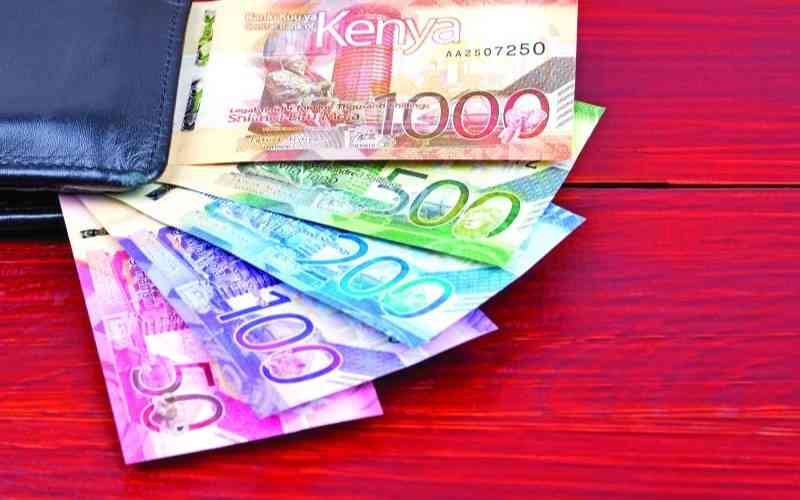
President William Ruto's administration has laid out plans for Parliament to replace the current public debt limit of Sh10 trillion with a debt anchor hinged on the Gross Domestic Product (GDP).
"In keeping with the global best practice on Debt Limit Policy, and in furtherance of the Administration's quest to realize inter-generational equity through sustainable debt management, Cabinet considered the legislative proposal to harmonize the definition of 'Public Debt' in the Public Finance Management Act, 2012 and the attendant Regulations with the spirit and letter of Article 214 (2) of the Constitution of Kenya," said a Cabinet brief from State House.